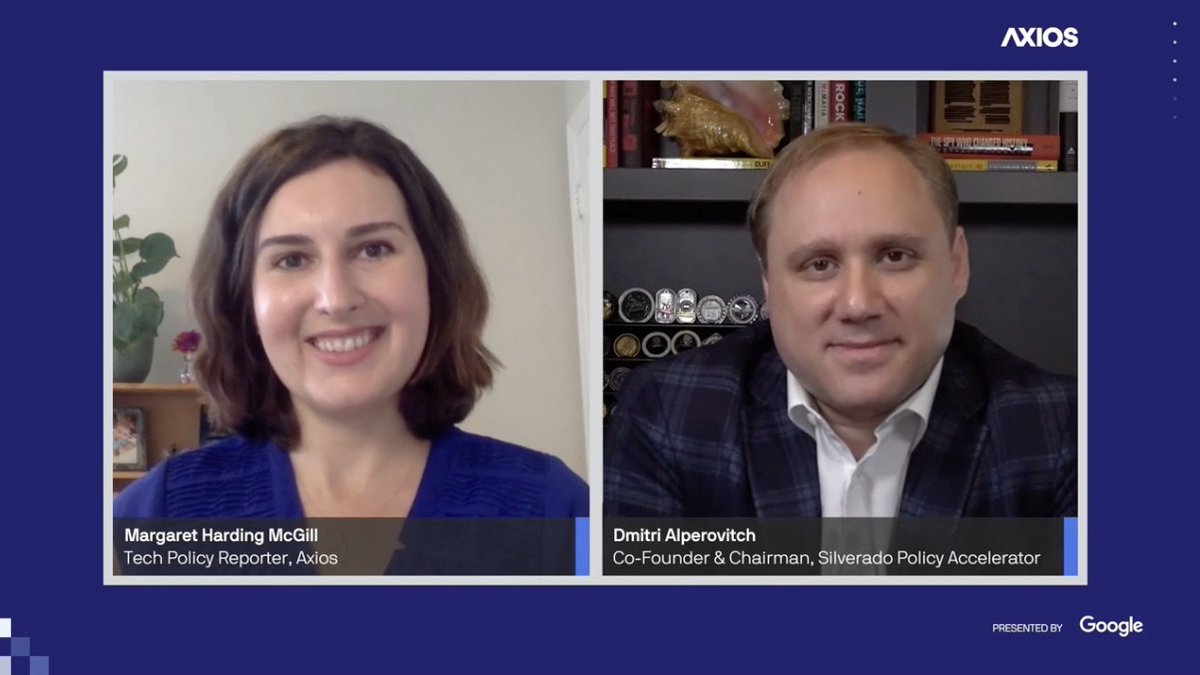
1/ Colin Powell, the first Black U.S. secretary of state, died today. Here's a look at his life in photos.👇
axios.com/colin-powell-p…
axios.com/colin-powell-p…
2/ Powell became the first Black national security adviser under President Reagan.
Pictured in Nov. 1987, he addresses the press from the Rose Garden with outgoing Defense Secretary Weinberger, Reagan and incoming Defense Secretary Carlucci.
📸: Diana Walker/Getty
Pictured in Nov. 1987, he addresses the press from the Rose Garden with outgoing Defense Secretary Weinberger, Reagan and incoming Defense Secretary Carlucci.
📸: Diana Walker/Getty

3/ Powell also became the first Black chairman of the Joint Chiefs of Staff during the H.W. Bush admin.
Seen next to Defense Sec. Cheney in Dec. '89, he briefs reporters about the military operation to oust Panama's General Manuel Antonio Noriega.
📸 : Bob Pearson/AFP via Getty
Seen next to Defense Sec. Cheney in Dec. '89, he briefs reporters about the military operation to oust Panama's General Manuel Antonio Noriega.
📸 : Bob Pearson/AFP via Getty

4/ President George H.W. Bush awards Powell the Presidential Medal of Freedom in 1991.
He would go on to receive the award again with distinction in 1993.
📸 : Howard L. Sachs/CNP/Getty
He would go on to receive the award again with distinction in 1993.
📸 : Howard L. Sachs/CNP/Getty

5/ Powell, then secretary of state for President George W. Bush, addresses the UN on Feb. 14, 2003.
He testified in favor of a military invasion of Iraq — a speech he'd later refer to as a "blot" on his record.
📸 : Shawn Baldwin/Bloomberg via Getty
He testified in favor of a military invasion of Iraq — a speech he'd later refer to as a "blot" on his record.
📸 : Shawn Baldwin/Bloomberg via Getty

6/6 Colin Powell meets with then-President Barack Obama and then-Vice President Joe Biden on Dec. 1, 2010.
A Republican, Powell endorsed Obama in 2008 and Biden in 2020.
📸 : Alex Wong/Getty
See more photos: trib.al/zYNnw9s
A Republican, Powell endorsed Obama in 2008 and Biden in 2020.
📸 : Alex Wong/Getty
See more photos: trib.al/zYNnw9s

• • •
Missing some Tweet in this thread? You can try to
force a refresh













